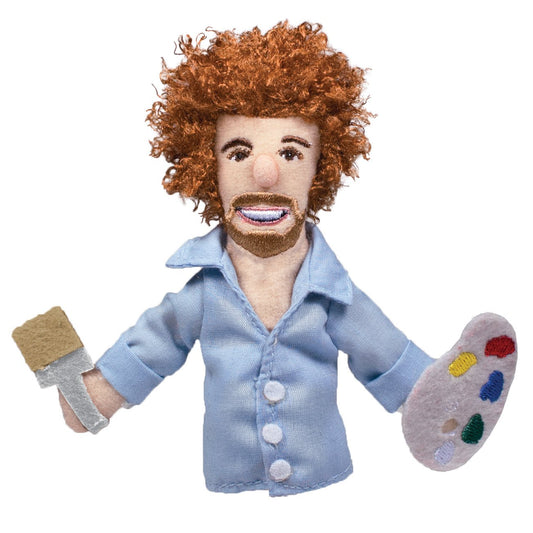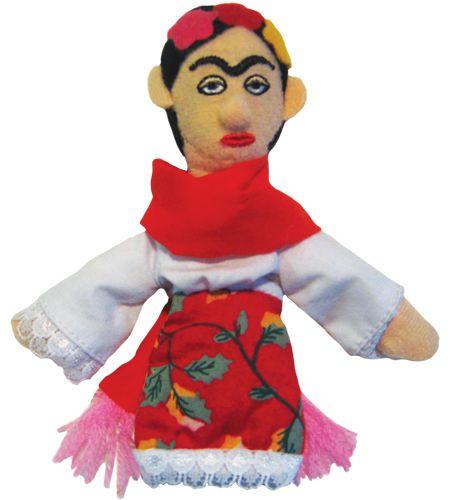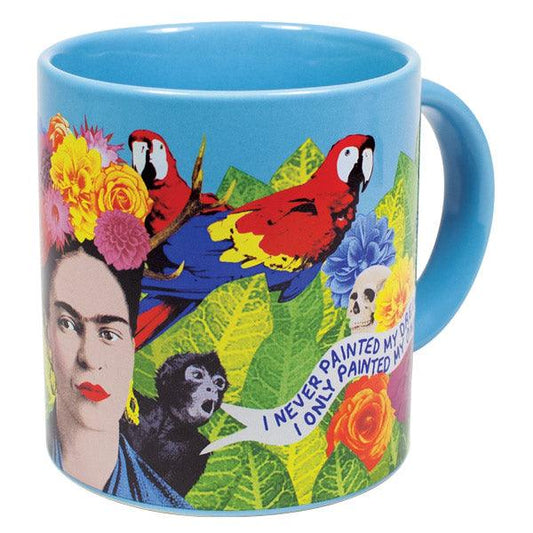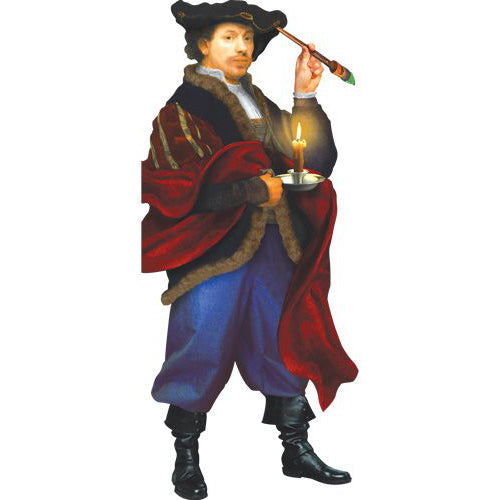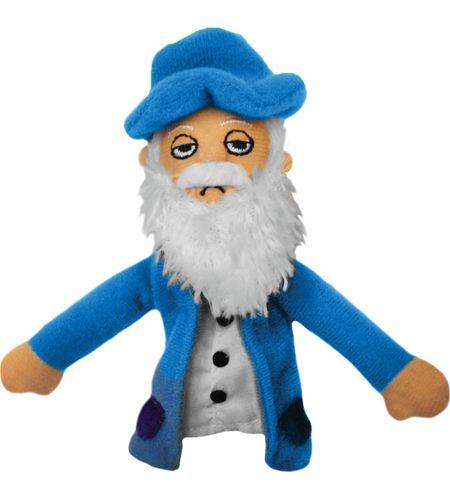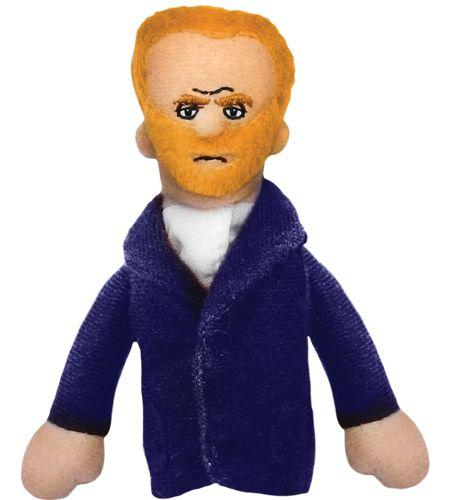Bob Ross Zippered Pouch
Bob Ross Zippered Pouch
The Unemployed Philosopher's Guild
Out of Stock
Couldn't load pickup availability
The Joy of Painting? Now you can take the show on the road with this everyday bag! One side's packed with the 13 colors he used most, so you can load up your palatte just like him. Flip it over and you'll find an inspiring quote and art from one of his classic paintings to keep your creative juices flowing. Plus, a colorful tag with all the Bob Ross deets-- his iconic "wet on wet" style, facts about him, and his spot in art history. Just what you need to transport your art supplies in style.
- 5 × 9 × 2 inches (12.7 × 22.8 × 5 cm)
Product Details
Product Details
- Product type: Zippered Pouch
- Shipping Dimensions: 5.0 × 9.0 × 0.5 inches (12.7 × 22.9 × 1.3 cm)
- Shipping Weight: 0.25 lb (4.0 oz; 113 g)
- SKU: SKU: SKU010010993
- UPC: 850038058098
Share

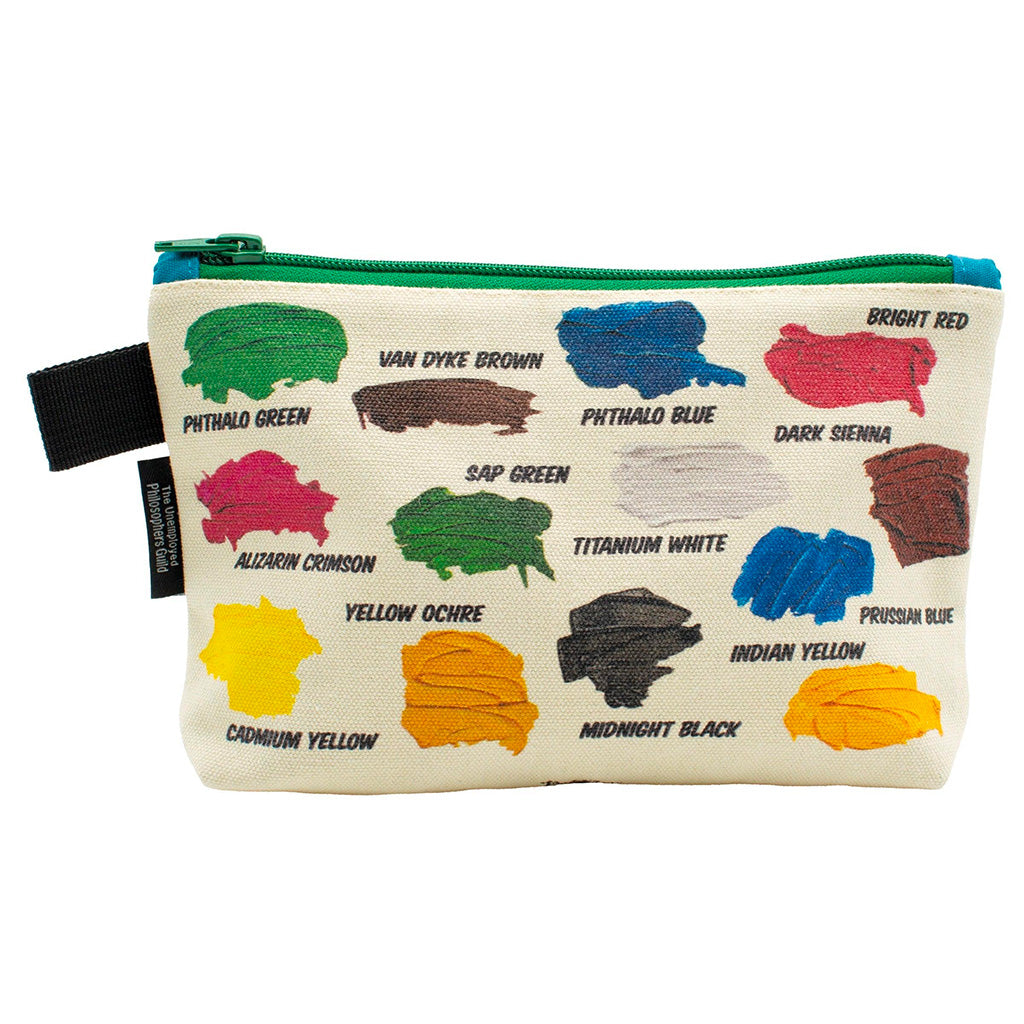

About the
Bob Ross
Bob Ross (1942 — 1995) left an indelible mark on the world of art with his unique approach to painting and his soothing presence on screen. Despite facing challenges in his early life, Ross discovered his passion for painting while stationed in Alaska during his time in the U.S. Air Force. The breathtaking landscapes of the Alaskan wilderness served as a wellspring of inspiration for his future artistic endeavors.
Ross is most renowned for his television show "The Joy of Painting," which aired from 1983 to 1994. His calm demeanor, distinctive Afro hairstyle, and trademark phrase "happy little trees" endeared him to millions of viewers around the globe. Ross's "wet-on-wet" oil painting technique, where layers of paint are applied while the previous layers are still wet, allowed him to create stunning landscapes and seascapes in just half an hour. He encouraged viewers to embrace mistakes and see them as opportunities for creativity, fostering a sense of confidence and enjoyment in painting.
Beyond his televised presence, Bob Ross was also a dedicated teacher and philanthropist. He founded his own art school and provided instructional materials, ensuring that his unique style and philosophy of painting could be accessible to all. Sadly, Bob Ross passed away on July 4, 1995, but his legacy endures through his art, his teachings, and the countless people he inspired to pick up a paintbrush and discover the joy of creating their own worlds on canvas.
More Bob Ross
-
Bob Ross Magnetic Finger Puppet
Regular price $12.52 CADRegular priceUnit price / per -
Bob Ross Enamel Hair Pin Set
Regular price $23.71 CADRegular priceUnit price / per -
Bob Ross The Joy of Painting Sticky Notes
Regular price $13.92 CADRegular priceUnit price / per -
Bob Ross Magnetic Dress Up Play Set
Regular price $26.50 CADRegular priceUnit price / per -
Bob Ross Happy Little Mints
Regular price $6.92 CADRegular priceUnit price / per -
Bob Ross Painting Mug
Regular price $27.90 CADRegular priceUnit price / per -
The Official Bob Ross Coloring Book
Regular price $23.71 CADRegular priceUnit price / per

About the Brand
The Unemployed Philosopher's Guild
The origins of the Unemployed Philosophers Guild are shrouded in mystery. Some accounts trace the Guild's birth to Athens in the latter half of the 4th century BCE. Allegedly, several lesser philosophers grew weary of the endless Socratic dialogue endemic in their trade and turned to crafting household implements and playthings. (Hence the assertions that Socrates quaffed his hemlock poison from a Guild-designed chalice, though vigorous debate surrounds the question of whether it was a "disappearing" chalice.)
Others argue that the UPG dates from the High Middle Ages, when the Philosophers Guild entered the world of commerce by selling bawdy pamphlets to pilgrims facing long lines for the restroom. Business boomed until 1211 when Pope Innocent III condemned the publications. Not surprisingly, this led to increased sales, even as half our membership was burned at the stake.
More recently, revisionist historians have pinpointed the birth of the Guild to the time it was still cool to live in New York City's Lower East Side. Two brothers turned their inner creativity and love of paying rent towards fulfilling the people's needs for finger puppets, warm slippers, coffee cups, and cracking up at stuff.
Most of the proceeds go to unemployed philosophers (and their associates). A portion also goes to some groups working on profound causes.
-
Museum Store Association Member
The Museum Store Association supports the cultural non-profit retail industry and the people who work in it.
-
Supports Non-profit Organizations
A portion of proceeds is donated to non-profit organizations. See description for details.
-
Designed in USA
Designed in the USA, with global manufacturing or assembly.
More from The Unemployed Philosopher's Guild
-
Bob Ross Magnetic Finger Puppet
Regular price $12.52 CADRegular priceUnit price / per -
Frida Kahlo Magnetic Finger Puppet
Regular price $12.52 CADRegular priceUnit price / per -
Modern Art Cup
Regular price $27.90 CADRegular priceUnit price / per -
Frida Dreams Mug
Regular price $27.90 CADRegular priceUnit price / per -
Diego Rivera Magnetic Finger Puppet
Regular price $12.52 CADRegular priceUnit price / per -
James Baldwin "Little Thinker" Plush Doll
Regular price $33.57 CADRegular priceUnit price / per -
Rembrandt Die-Cut Note Card with Stickers
Regular price $5.52 CADRegular priceUnit price / per -
Claude Monet Magnetic Finger Puppet
Regular price $12.52 CADRegular priceUnit price / per -
James Baldwin Magnetic Finger Puppet
Regular price $12.52 CADRegular priceUnit price / per -
Vincent van Gogh Magnetic Finger Puppet
Regular price $12.52 CADRegular priceUnit price / per



